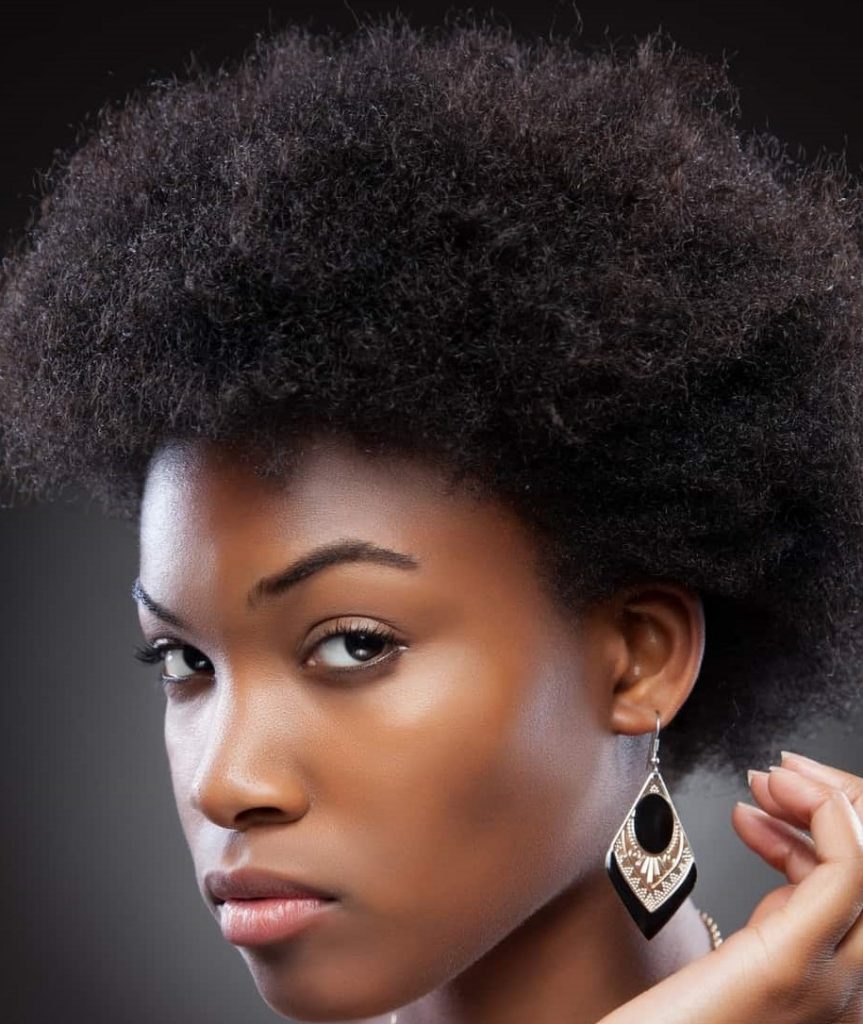
Have you noticed how black beauty and hair products seem to be more prominent in TV adverts lately? Is this a sign that black people and black beauty is finally being acknowledged by the mainstream media? More importantly, is all this sudden attention genuine?
Many of us will have seen rapper, Lady Leshurr and athlete, Jasmine Sawyers featured in the latest Olay campaign for Regenerist Cream.
Did you get excited? Did you shout to your family members in shock, believing that they were missing a rare event, much like viewing Haley’s Comet for the first time? You probably thought finally, advertisers acknowledge that black people look after their skin and purchase beauty products too! Whatever you thought of this defining moment I am sure that many black people felt the same way.
I have always been a natural sceptic. Call me a killjoy, accuse me of raining down on the black parade, but at least let me make my argument.
Black Money Matters
There has been a seismic shift in the attitudes of major corporations and advertisers ever since they have realised that black communities have money to spend.
The Nielson Company says that the African-Americans spend $1.2 trillion annually on brands. In 2017 African-Americans spent $473 million on haircare, $465 million on skin care products and $127 million on grooming aids. (15 February, 2018: BLACK IMPACT: CONSUMER CATEGORIES WHERE AFRICAN AMERICANS MOVE MARKETS)
In the black beauty online magazine, Melan Mag, Josephine Otuagomah and Paige Lewin said, “African and Caribbean women reportedly spend about 80% more on cosmetics and double the amount on skincare as their non-Afro Caribbean counterparts.” (Why 2018 was a significant year for the Black British beauty industry)
Black women spend £5.35 billion annually on beauty in the UK. (Verve: January 26, 2019, Ten British Black-Owned Beauty Brands Challenging South Asian Male Dominance of the UK Black Beauty Industry)
With all this spending power at stake major corporations such as Loreal, as well as Proctor & Gamble began to make inroads into the black beauty market. (TNJ Staff: June 2, 2009, The Network Journal: The Business of Black Hair). While this may be welcome by some who may be sick and tired of visiting the high street stores, and finding no products that are suited for their skin tone or hair, it means that black-owned beauty businesses will eventually come under threat from the bigger companies. If we take the impact of supermarkets on local stores as an example, black-owned beauty businesses may disappear altogether in the future. Is this really supporting black businesses?
Black Products: White Profit
The booming black hair and beauty industry is making considerable profit for white-owned companies marketing black products such as African Pride, Dark and Lovely, Doo Gro and Aunt Jackie’s. (Seren Morris: 9 June, 2020, Newsweek, From Shea Moisture to Carol’s Daughter, This List of Non-Black-Owned Hair Brands May Surprise You)
This is not a criticism of white companies marketing black products. It is merely a reminder to the black community that the increasing marketing of black beauty products by the mainstream media should be welcomed with caution.
We need a diversity of small to medium, independent black-owned businesses thriving in this market and black communities need to be supporting these businesses.
We hear slogans all the time about buying British, the correct labelling of food products and purchasing goods from ethical companies, therefore from a historical perspective there is nothing prejudiced about encouraging people to support black businesses.
So the next time you are going to buy a black hair or beauty product, check the label/brand and make sure that you are really supporting a black business.
If we want a strong black local and national economy then as consumers we need to purchase consciously and not allow major corporations to eradicate the hard work that local and national black businesses have put in over the years to provide the black community with the hair and beauty products that they use.
For further Research:
https://www.newsweek.com/list-non-black-hair-brands-shea-moisture-carols-daughter-1509677
